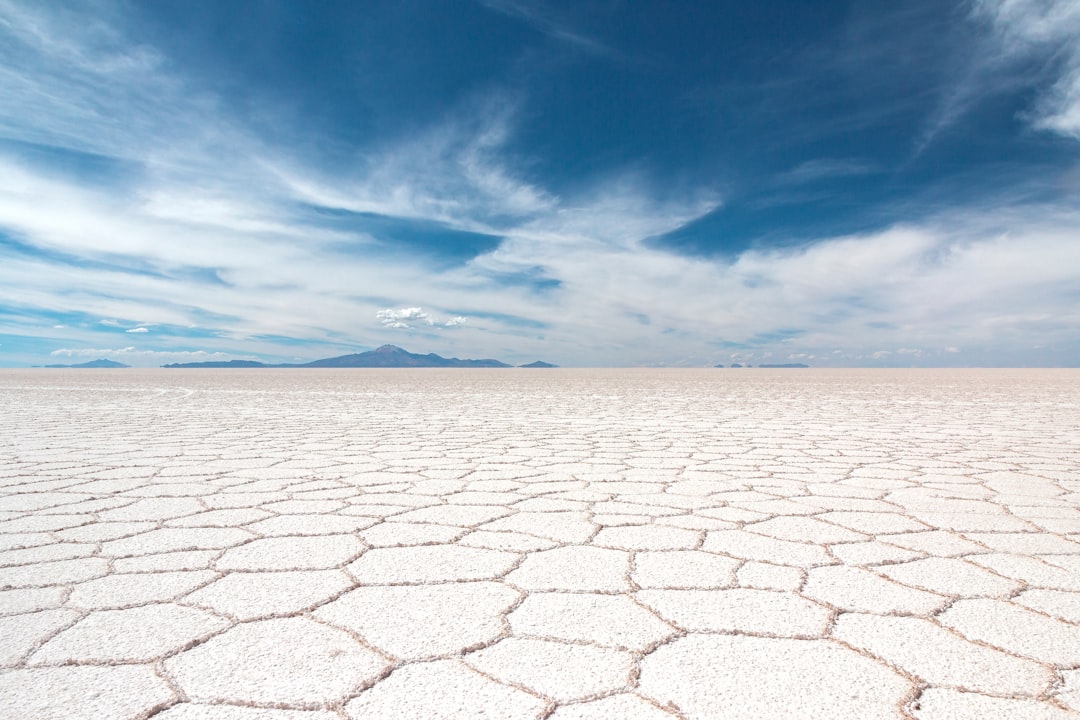[Disclaimer] This article is reconstructed based on information from external sources. Please verify the original source before referring to this content.
Neeews Summary
The following content was published online. A translated summary is presented below. See the source for details.
The attempted coup in Bolivia is the latest development in the country’s ongoing political and social turmoil. Since the 2019 protests and the ouster of former President Evo Morales, Bolivia has been navigating a complex political landscape marked by tensions between the socialist and conservative factions. The current president, Luis Arce Catacora, represents the socialist party and has been working to consolidate his power and implement his agenda.
The dismissal of General Juan José Zúñiga, who had declared his opposition to a potential new presidency of Evo Morales, appears to have been the immediate trigger for the attempted coup. Zúñiga and his supporters within the military sought to seize control of the government and overthrow Arce’s administration.
The attempted coup in Bolivia represents a significant threat to the country’s fragile democratic institutions. If successful, it could have led to a return to authoritarian rule and a rollback of the progress made in recent years. The fact that the military was willing to use force to try to seize power is a worrying sign and highlights the ongoing tensions and polarization within Bolivian society.
The successful thwarting of the coup attempt by President Arce and his supporters is a testament to the resilience of Bolivia’s democratic system. However, the incident also underscores the need for continued vigilance and efforts to address the underlying political and social divisions that have fueled these tensions.
Source: Wikinews-es
Our Commentary
Background and Context
The attempted coup in Bolivia is the latest development in the country’s ongoing political and social turmoil. Since the 2019 protests and the ouster of former President Evo Morales, Bolivia has been navigating a complex political landscape marked by tensions between the socialist and conservative factions. The current president, Luis Arce Catacora, represents the socialist party and has been working to consolidate his power and implement his agenda.
Expert Analysis
According to political analyst and Bolivia expert, Dr. Maria Fernanda Suárez, the attempted coup “reflects the deep-seated political divisions and power struggles that have been simmering in Bolivia since the 2019 protests. While President Arce has been working to consolidate his power and implement his socialist agenda, there are still significant pockets of opposition, particularly within the military, that are unwilling to accept his leadership.”
Dr. Suárez also noted that the international community’s swift condemnation of the coup attempt and support for the Arce government was crucial in helping to maintain stability and prevent a more serious escalation of the situation.
Additional Data and Fact Reinforcement
The dismissal of General Juan José Zúñiga, who had declared his opposition to a potential new presidency of Evo Morales, appears to have been the immediate trigger for the attempted coup. Zúñiga and his supporters within the military sought to seize control of the government and overthrow Arce’s administration.
Related News
The attempted coup in Bolivia comes amidst a broader trend of political instability and democratic backsliding in several Latin American countries. In recent years, there have been concerns about the erosion of democratic norms and institutions in countries like Venezuela, Nicaragua, and Brazil.
Additionally, the COVID-19 pandemic has exacerbated economic and social challenges in the region, which has contributed to political unrest and the rise of populist and authoritarian tendencies in some cases.
Summary
The attempted coup in Bolivia is a stark reminder of the fragility of democratic institutions and the ongoing political tensions within the country. While President Arce and his supporters were able to successfully thwart the coup attempt, the incident highlights the need for continued efforts to address the underlying political and social divisions that have fueled these tensions.
Going forward, it will be crucial for the Bolivian government, civil society, and the international community to work together to strengthen democratic institutions, promote inclusive and transparent governance, and foster greater social and political cohesion. Only by addressing the root causes of the country’s political instability can Bolivia truly move towards a more stable and prosperous future.


